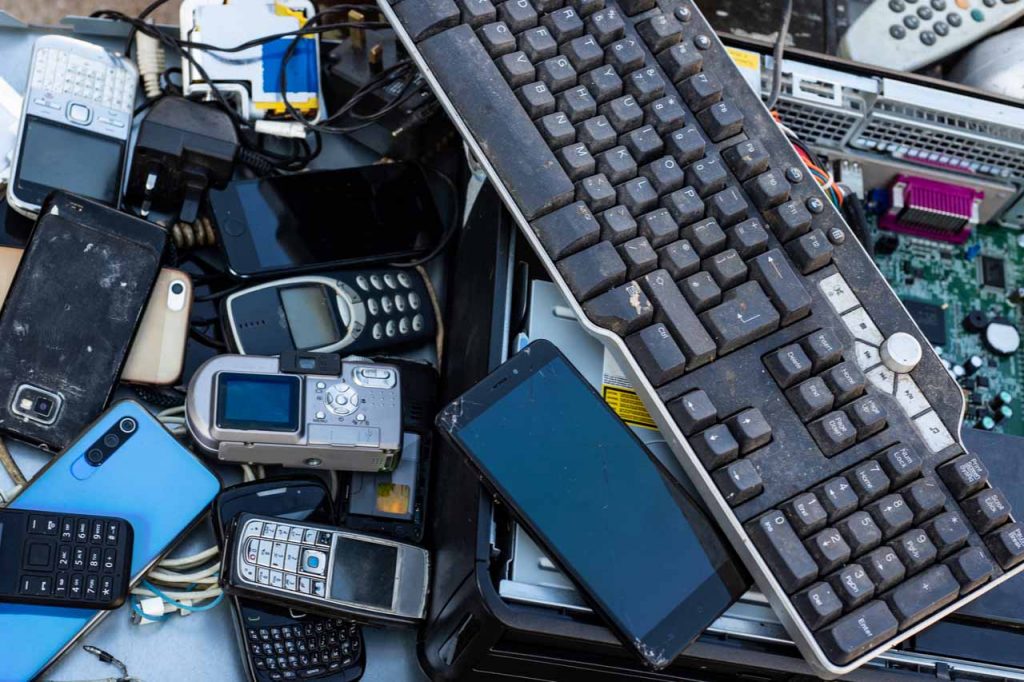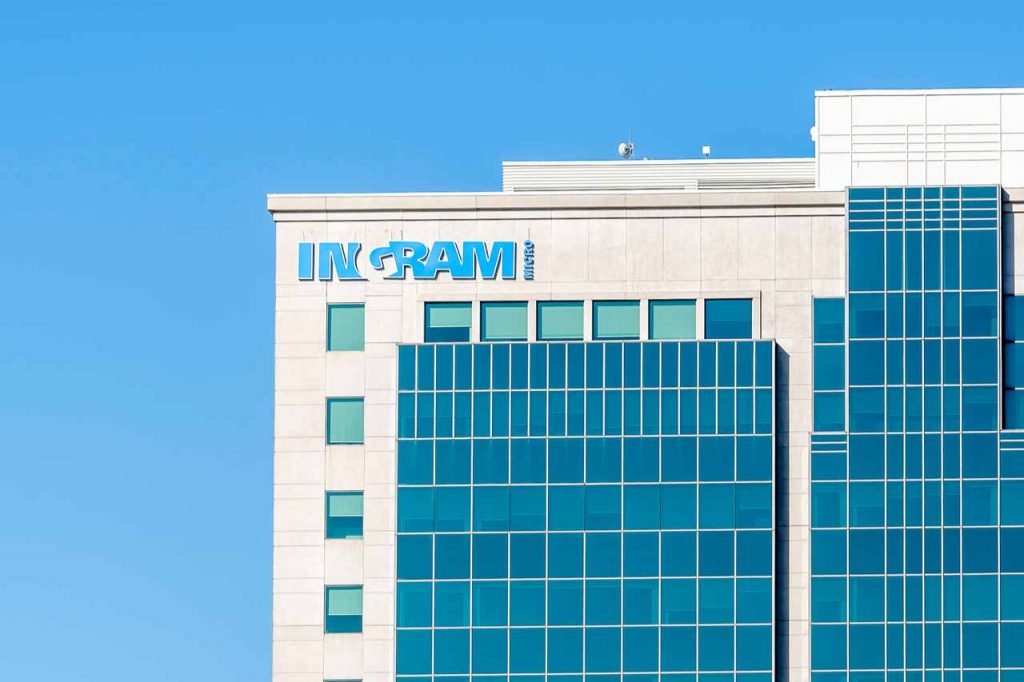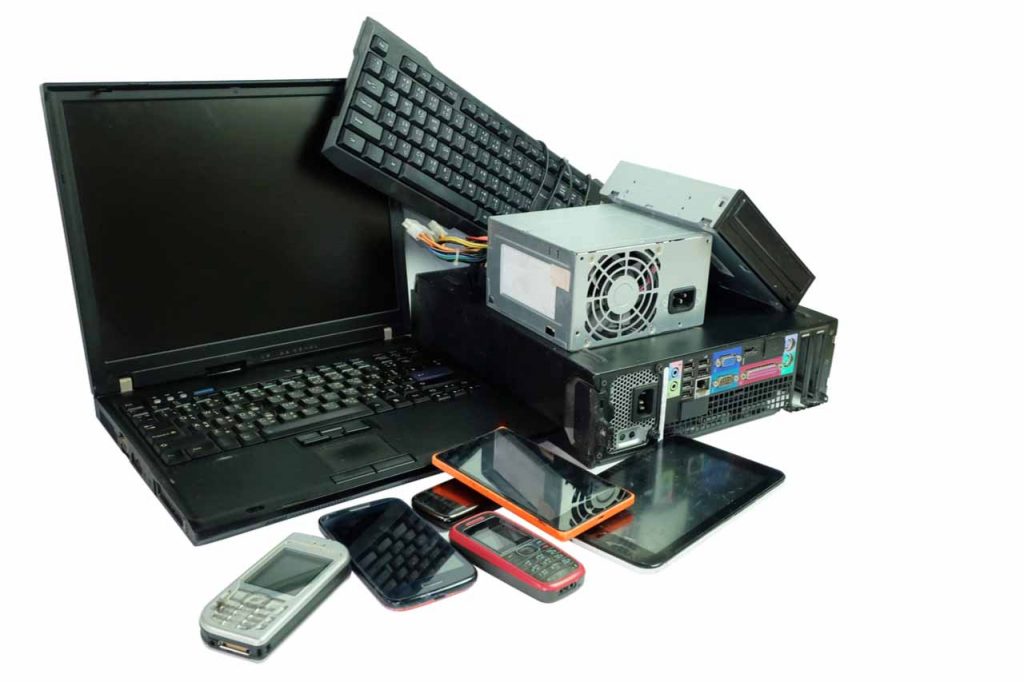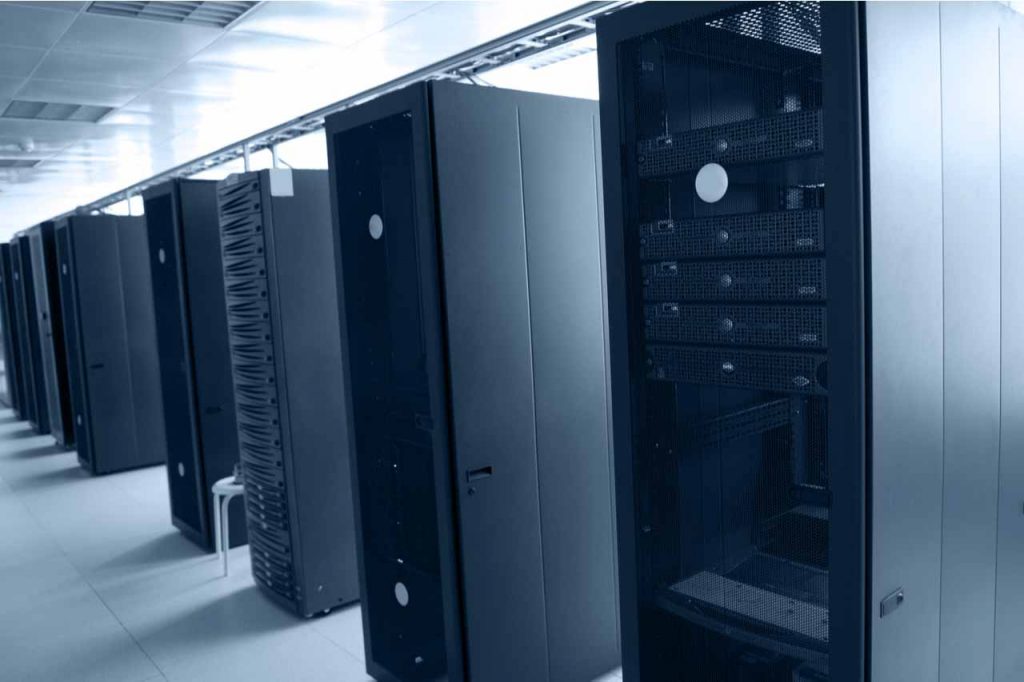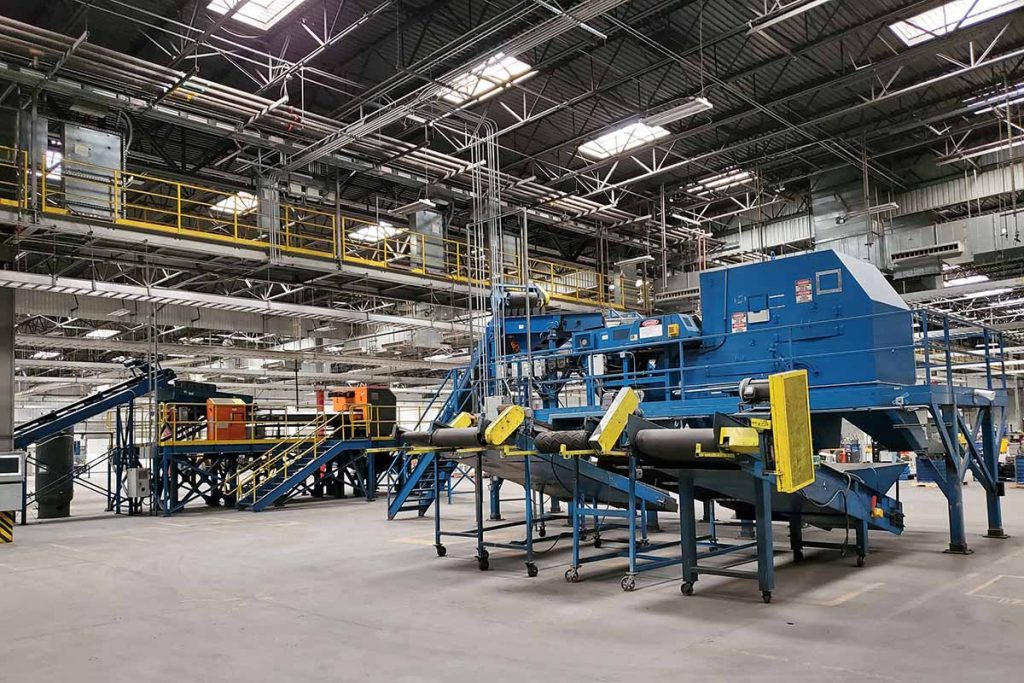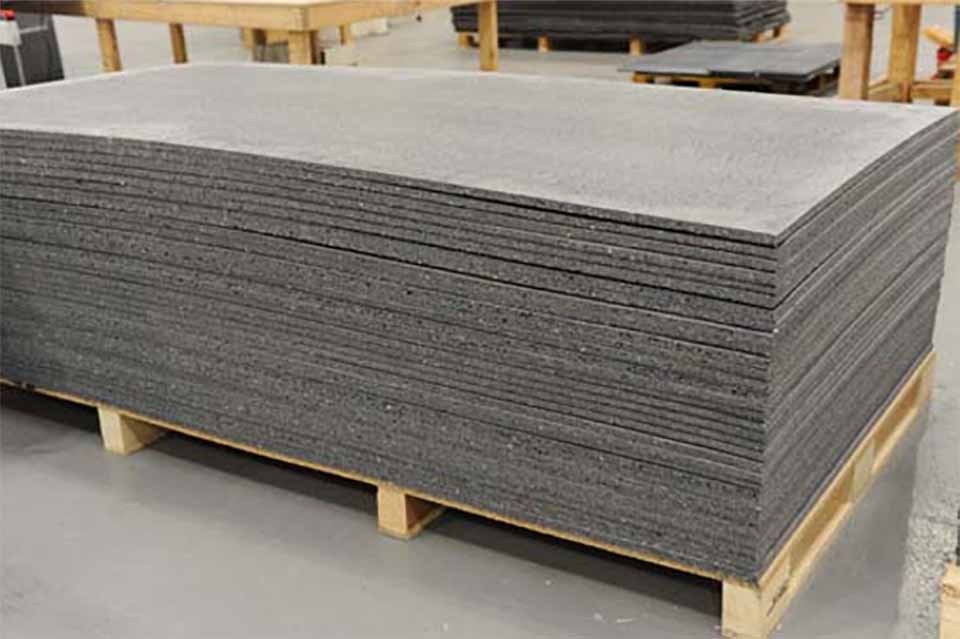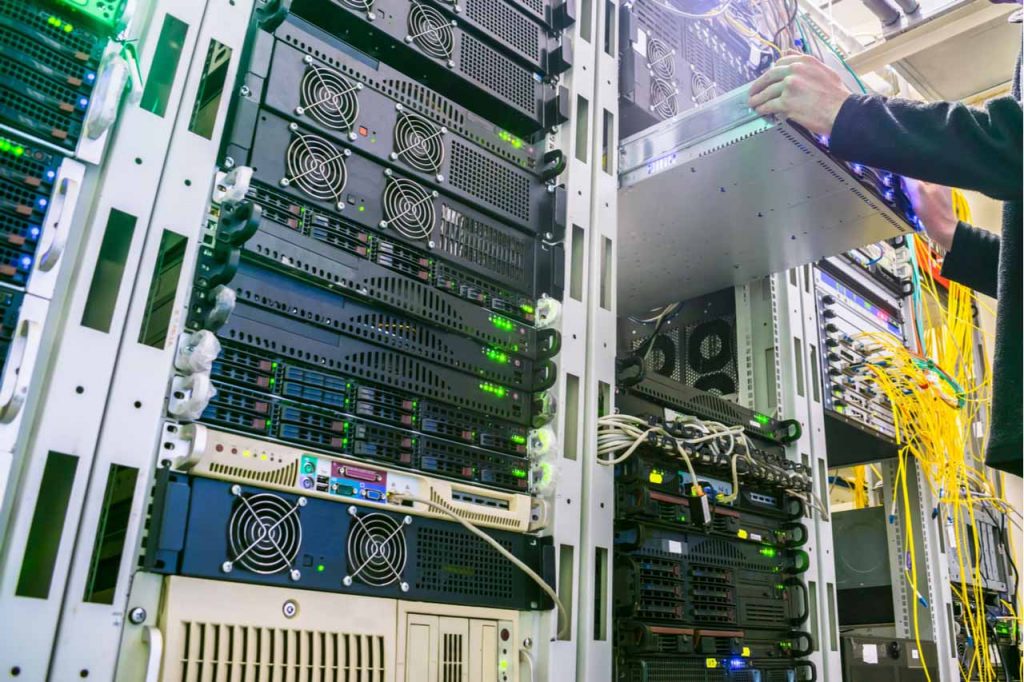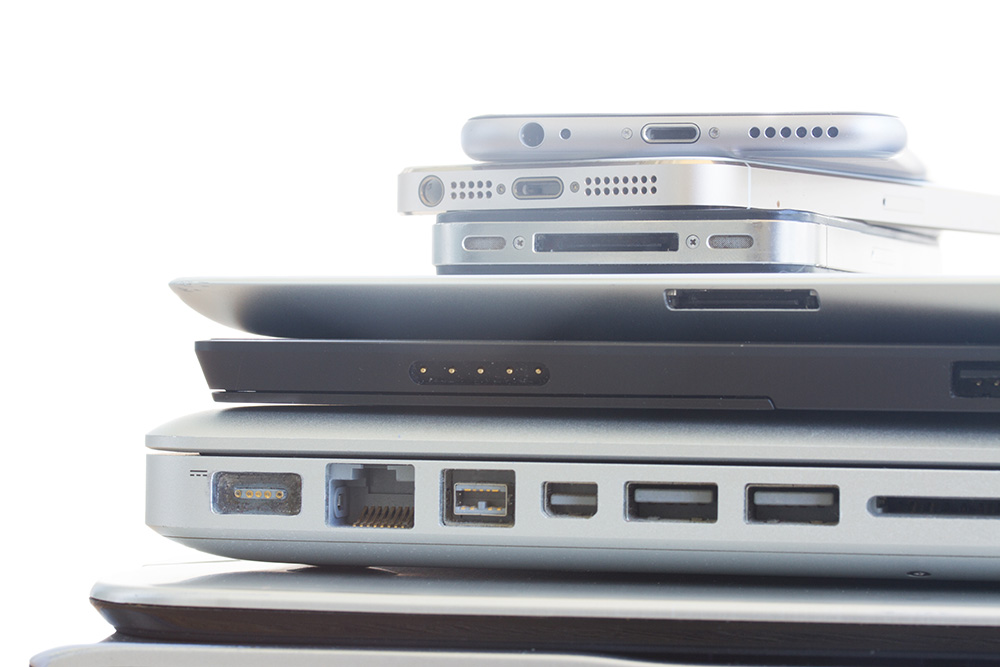
Charging documents state that as of November 2016, 5R Processors had accumulated and stored over 8 million pounds of leaded CRT glass across multiple sites. | Valery Evlakhov/Shutterstock
Leaders of a Wisconsin e-scrap processor last month were charged with violating federal regulations covering the storage and transportation of CRT glass. The defendants signed plea deals in the case.


